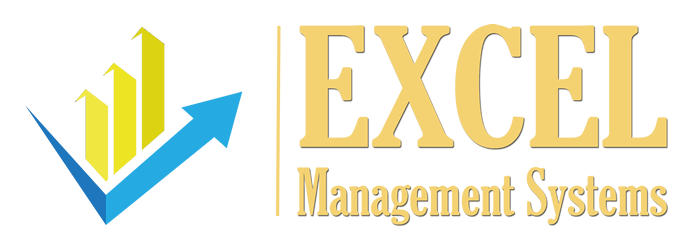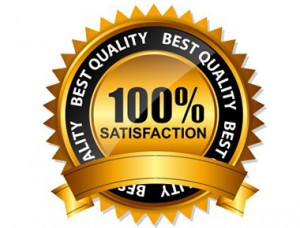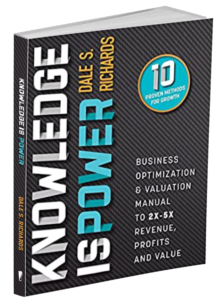Quick Basics of Corporate Valuation Services
Need more than the “Rules of Thumb” method, when doing a valuation? Valuation methods are complicated and can result in significant errors and lost value.
 Corporate valuation services are completely different than valuation services for homes and other material possessions. In fact, they are even different from the services offered to sole proprietors. There is a very good reason for this difference. For one thing, compared to sole proprietors, corporations are much more complicated than those owned and managed by sole proprietors. That is because there are so many elements to a corporation that simply do not exist with a sole proprietorship.
Corporate valuation services are completely different than valuation services for homes and other material possessions. In fact, they are even different from the services offered to sole proprietors. There is a very good reason for this difference. For one thing, compared to sole proprietors, corporations are much more complicated than those owned and managed by sole proprietors. That is because there are so many elements to a corporation that simply do not exist with a sole proprietorship.
There are basically three methods that are used for completing a corporate business valuation. Within those methods are subcategories and enough details to make any corporation understand that a business valuation is not something that can be done as a simple accounting department project. If you do try to do this as an in-house project, your company is likely going to end up losing value when it comes time to sell or get investors involved.
The market approach is one method of valuation. The main variable in this method is the price that similar companies are selling for on the current market. However, there are plenty of other variables to consider. For instance, do not assume that because you make a tennis shoe in a similar style as Nike that your company has the same value as Nike.
Income value methods depend mostly on a benefit stream analysis. Discount and capitalization methods are of primary concern for this method of valuation services. Again, there are many other elements to consider, but the primary one is the benefit stream which includes net profit, cash flow, non-cash expenses, and market price expenses.
The asset formula considers not only the assets that the company has and their current value but the liabilities as well. This does not mean that the only things considered are the accounts and material goods that the company holds. This valuation method takes into the current value of the assets as depreciation methods make a large difference in the true values.
As you can see, valuation methods are complicated and no business should use “Rules of Thumb” methods as they will most likely result in significant errors and lost value.
ABOUT DALE S. RICHARDS:
Dale S. Richards specializes in management, marketing, operation optimization & business valuation consulting and is a 30+ year turnaround expert. He has implemented success concepts into results in 150+ companies. Dale is a Certified Valuation Analyst (CVA) with NACVA, Eight-Year Vistage Chair & International Speaker.



